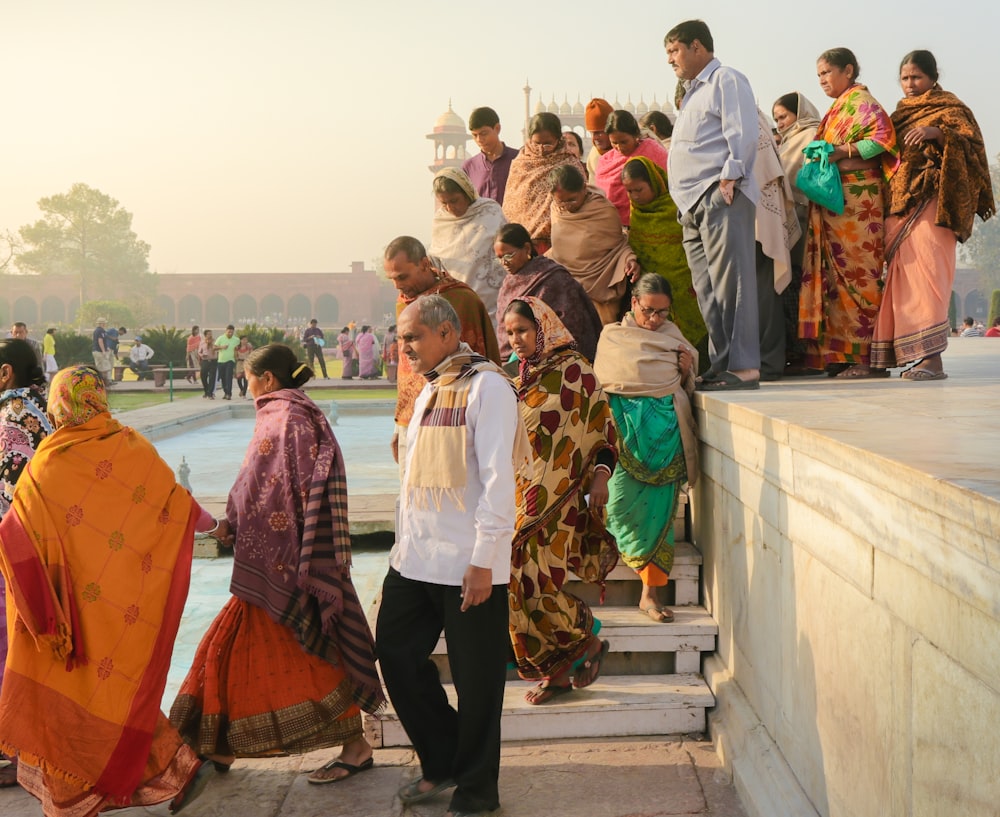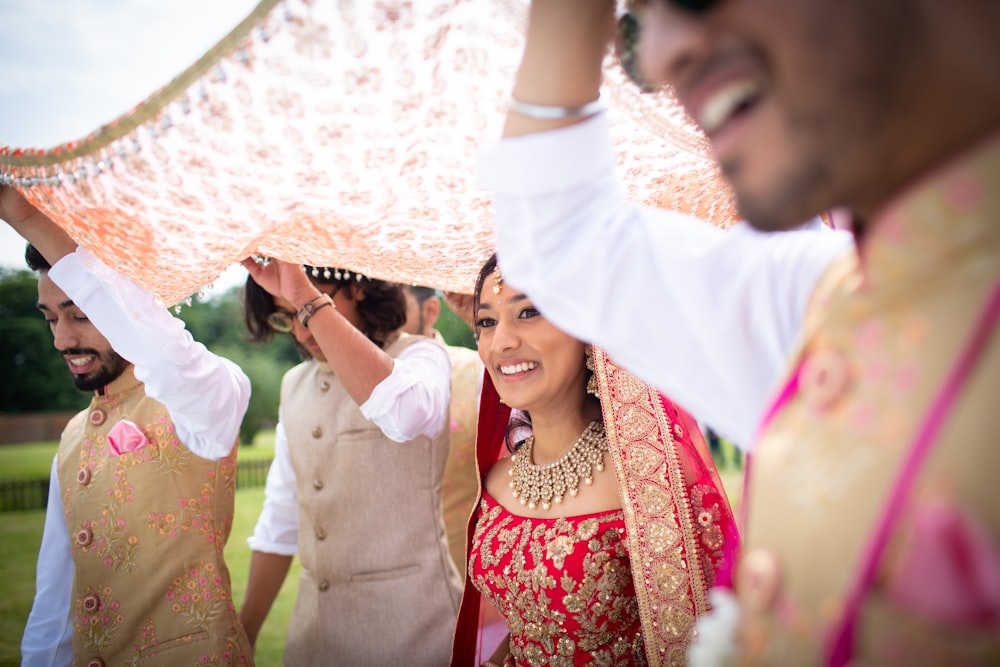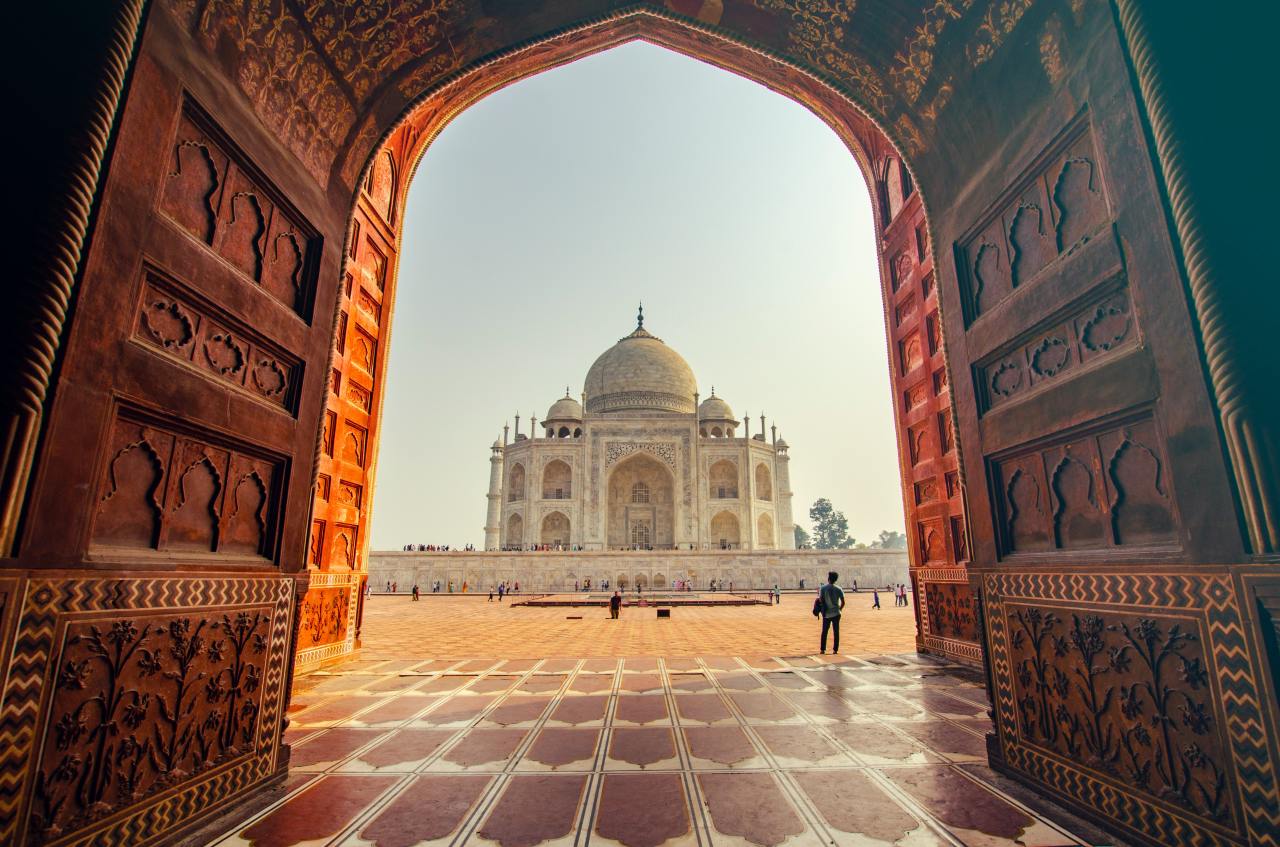
20+ Common Indian Last Names and Their Meanings
Browse this list of Indian last names to find surnames that are closely tied to Indian culture and uncover the meanings of India's most popular family names.
In India, last names are family names passed down from one generation to the next. Indian last names can be from a community, caste, profession, place of birth, or religion. Before we can get into common Indian names, there are some things we need to understand first, specifically about the language and the religion.
History of Indian Last Names
When looking at the origins of surnames, most can be broken into four categories:
- Occupational: When last names were first surging, many received surnames that related to their occupation. This could mean the name was inspired by materials used in a person’s trade or it was directly spurred from the name of their job.
- Geographical or Habitational: Another common way that people were named was based on the area where they lived. This could mean that their name was tied to a town closeby or was inspired by land features in the area such as mountains, fields, etc.
- Patronymic or Matronymic: Patronymic names stem from a person’s father while matronymic names stem from a person’s mother.
- Personal or Physical Characteristics: Names were also attributed through personal or physical characteristics. For example, if someone had bright red hair or was known to be very funny, their name might reflect that.
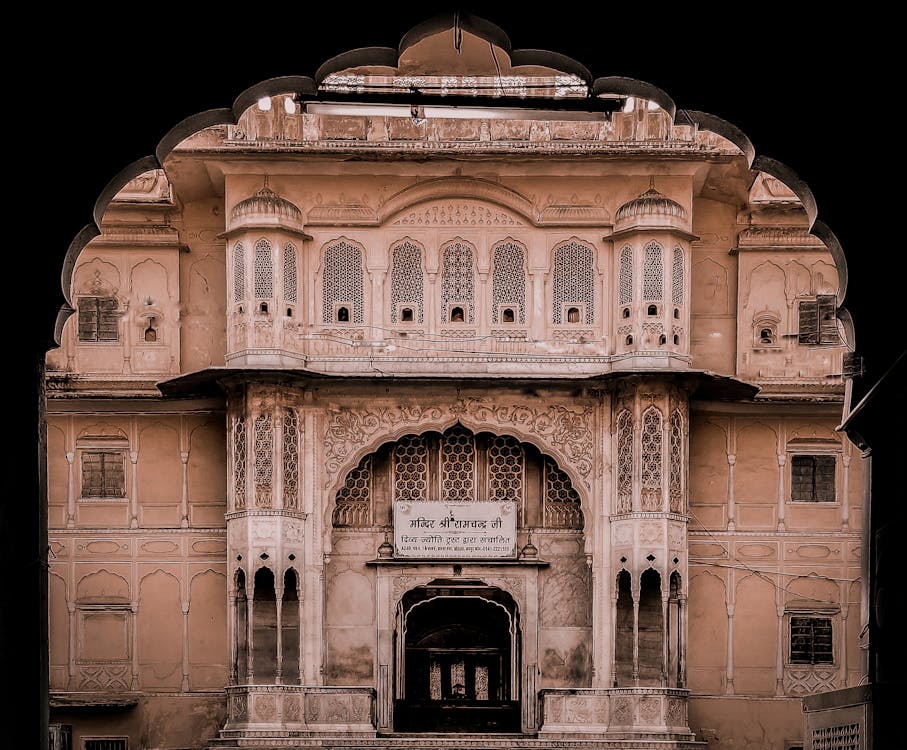
Understanding The Indian Language
There is no such thing as a specific Indian language because, in India, there are 22 major regional languages: Assamese, Bengali, Bodo, Dogri, Gujarati, Hindi, Kannada, Kashmiri, Konkani, Maithili, Malayalam, Manipuri, Marathi, Nepali, Oriya, Punjabi, Sanskrit, Santali, Sindhi, Tamil, Telugu, and Urdu. There are hundreds of dialects in India that differ from region to region, but all of these tongues are similar. Nonetheless, Hindi is the most commonly spoken language in India.
Hindi belongs to the Indo-Aryan language and is a direct descendant of Sanskrit. Sanskrit is an ancient Indian language and comes from a Sanskrit word meaning “purified.” Similar to the grammatical structure of Greek and Latin, Sanskrit is an inflected language with “three genders (masculine, feminine, and neuter), three numbers (singular, dual, and plural), and seven syntactic cases (nominative, accusative, instrumental, dative, ablative, genitive, and locative.”
Along with Hindi, English is the second most commonly spoken language in India.

Religion and Power in India
In India, the most common religions are Hinduism, Islam, and Sikhism. Other religions that are practiced are Christianity, Buddhism, Jainism, Judaism, and Zoroastrianism. Zoroastrianism is an ancient pre-Islamic religion of Iran with a group of followers known as “Persians” who emigrated to India in the 8th century. Today, you’ll often notice that Indians have “Parsi” names, and that’s because of this ancient religion.
Hinduism
As the oldest religion in the world, Hinduism is practiced all over the world and is the most practiced in India (80%). In the Hindu religion, there is the following of a caste system: people are different and should be placed into different aspects of society. According to varna—the Hindu social orders—people are grouped by social class and characteristics of individuals.
There are 4 main caste groups: Brahmin, Kshatriyas, Vaisyas, and Shudras. Brahmin are the spiritual leaders or “reflective ones”, like teachers, priests, philosophers, and doctors. Kshatriyas are nobles or warriors; they are those who protect society. Vaisyas are craftsmen, farmers, and artisans, those who produce material goods. Shudras are considered the “laboring class” or the maintenance people.
So what about surnames based on a caste name? A Brahmin surname would be Bhat which means “scholar” in Sanskrit. Some Brahmins keep their given names (from birth) and some keep their names from marriage. For Kshatriyas, the last name could be Singh, which means “lion.” For Vaisyas, Agrawal meaning “people of Agroha” and for Shudras, Patel, meaning “leader of the village.” Other examples of Hindu surnames are Acharya (“spiritual teacher”) and Khatri (“messenger”).
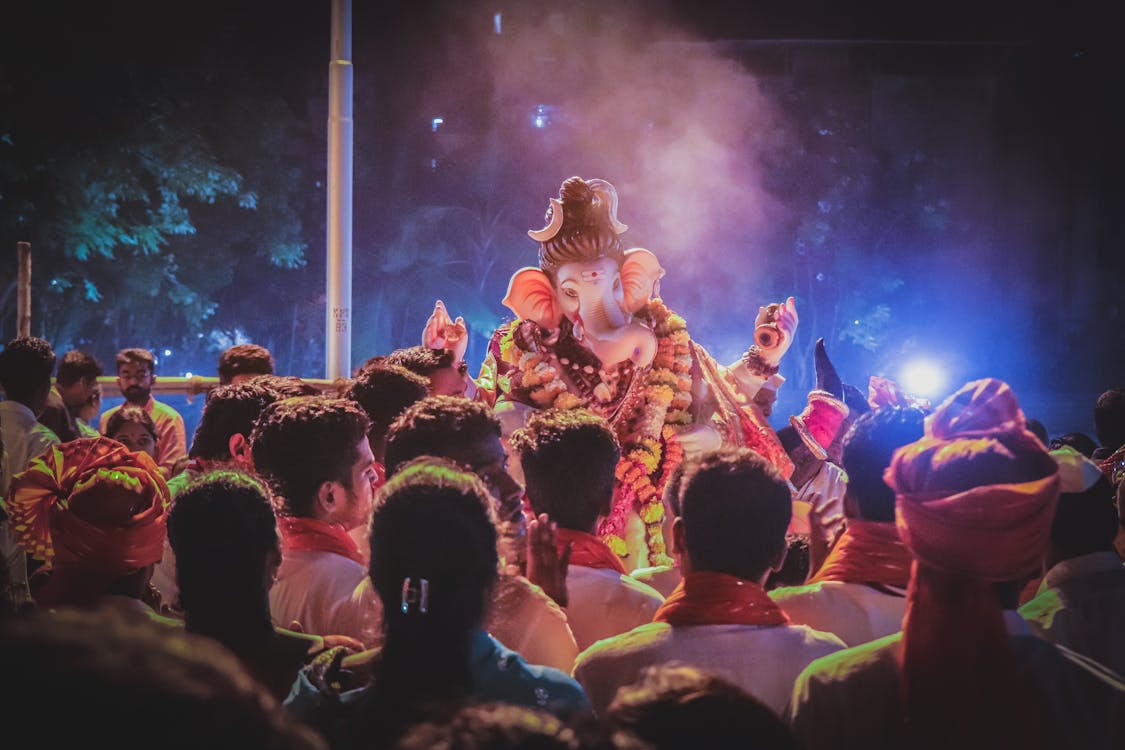
Islam
About 12% of the Indian population practices the Islamic religion. Muslims do not believe in a caste system the way that Hindus do—they believe that we are all from Adam and Eve and no one is more superior to another.
Muslim surnames typically take on a religious connotation. For example, some names could be “Abdullah” meaning “servant of God” (-ullah meaning “God”). Other names could be Abad (“priest”), Mohammed (“praiseworthy”), and Saad (“blessed”).
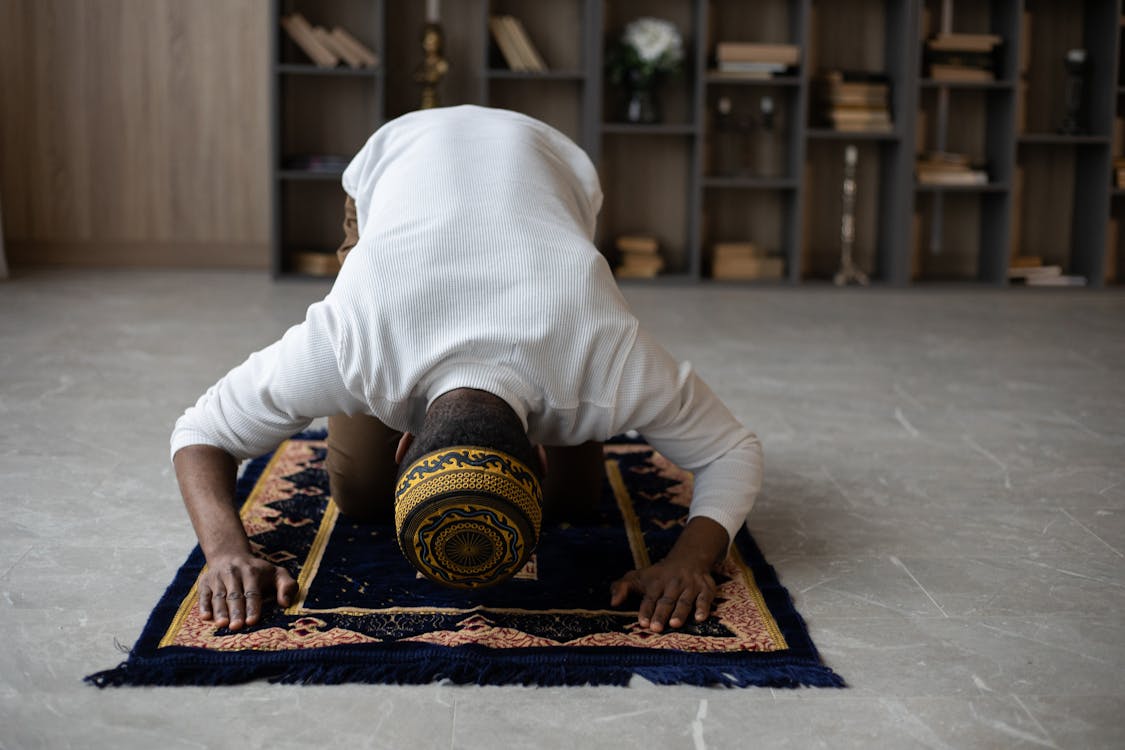
Sikhism
Sikhs make up only 2% of the Indian population. “Sikh” means “disciple” and those who follow this religion only praise one God and strive for goodness towards one’s family and community. In Sikh, there are no caste systems and everyone has equal rights.
Family is an essential social unit in Sikhism and if it’s strong enough, it can form whole communities. When it comes to family in this religion, although spiritually everyone is on the same level, the roles of men and women can differ. For example, women are mothers while men are providers of the family.
Some Sikh surnames would be Amandeep (“peace”), Gandhi (“sun”), Kaur (“princess”) or Sukhbir (“happy”).
Indian Names
Indian surnames can be from religions, family, and their specific language. For example, those who speak the Tamil language typically use their father’s name as their first name. Oftentimes, Tamil surnames are also Brahmin surnames, like Mannan (“king”) and Kota (“allies”). Indian names are also quite complicated, so much so that a person can have multiple names: a given name, a pet name, a relational name, a family name, a father’s name, or a married name. For example, in many parts of India, women will avoid their husband’s names and instead, use a relational name like “father of my child.”
Common Indian Surnames
Browse this list below to find last names that are closely tied to India and Indian culture. Below are some common surnames in both North India and South India:
Aditi
This Indian surname means “freedom”.
Kapadia
A Parsi surname that derived as an occupational last name for a cloth merchant.
Joshi
This occupational surname was given to someone known as an “astronomer”.
Khatri
This name is a synonym for Kshatriya and means “messenger”.
Bakshi
A Punjabi and Hindu surname that derives to mean “paymaster”.
Varma
Most common in North India, this Indian last name means “armor” or “protection”.
Dara
A Parsi surname that stands for the word “possessor”.
Babu
A common surname that means “father”.
Isha
This Indian family name means “master, lord”.
Kumar
This can be a surname or a given name and stands for “epithet of god Kartikeya”.
Puri
A Punjabi last name that is most likely habitational and means “small town”.
Anand
This last name translates from Sanskrit to mean “happiness” or “bliss”.
Gupta
Translates from Sanskrit to mean “protected”.
Kulkarni
An occupational surname that means “village clerk” or “revenue collector” in Marathi.
Kumar
A popular surname that means “boy, prince” in Sanskrit.
Narang
A habitational surname that’s linked to a Pakistani town that was undivided in India.
Jain
A surname given to a person that practiced the principles of Jainism.
Chopra
A familiar Indian surname with unknown origins.
Rai
A variant of the name Raj which means “king” in Sanskrit.
Agarwal
A geographical name linked to the town of Agroha in Haryana state, India.
Kapoor
Translated from Sanskrit to mean “camphor”.
Iyer
Linked to the Iyer caste that is traditionally dedicated to the God Vishnu.
Sharma
When derived from Sanskrit this name stands for “shelter” or “comfort”.
Mahajan
An occupational last name meaning “tradesman” or “merchant” in Sanskrit.
Jha
An occupational surname meaning “teacher”.
Chauhan
A common Indian surname with unknown origins.
Thakur
When taken from Sanskrit this name stands for “deity”.
Shah
A personal characteristic surname meaning “virtuous” or “gentleman”.
Deshpande
An occupational last name that stands for “district accountant” in Sanskrit.
Malhotra
Derived from the Punjabi surname “Mehra” meaning “chief” or “master”.
Mehta
A personal characteristic last name that means “worshipped” or “esteemed”.
FAQ About Indian Names:
Do Indian women take their husband’s names?
It varies, depending on the religion and beliefs of the couple and the family.
What are some other Indian surnames?
There are many other surnames out there, all variously dependent on the religions and languages of India. Some of them are more common amongst a population, while others are less common but more “beautiful” and more ancient.
More Cool Last Names and Their Origins
Below are more last name articles that lead a reader to discover more about their surname and family history.
